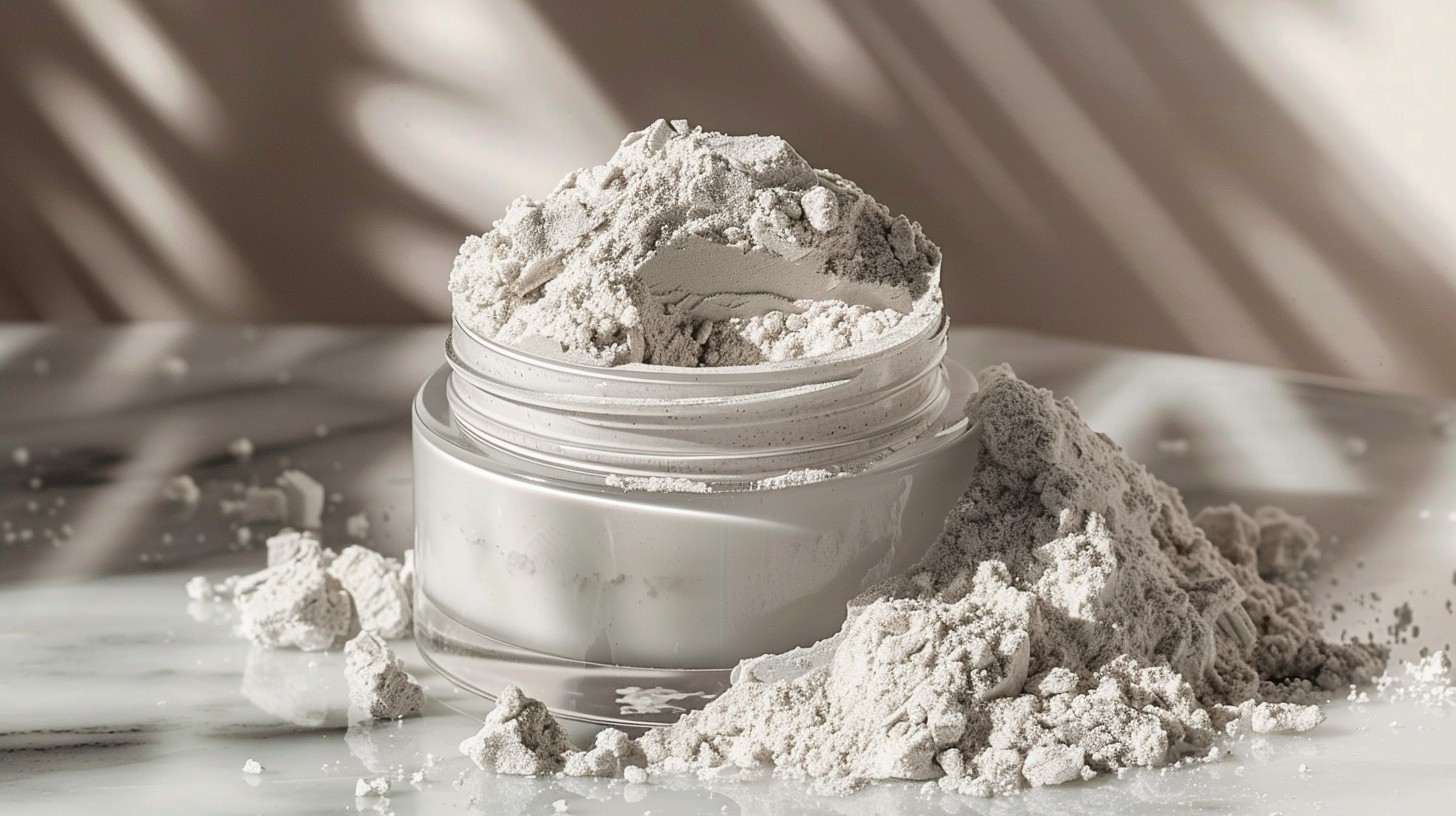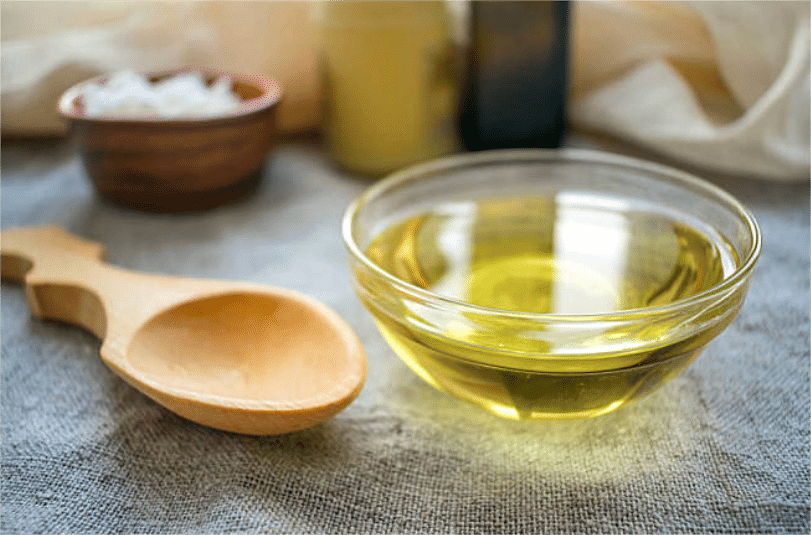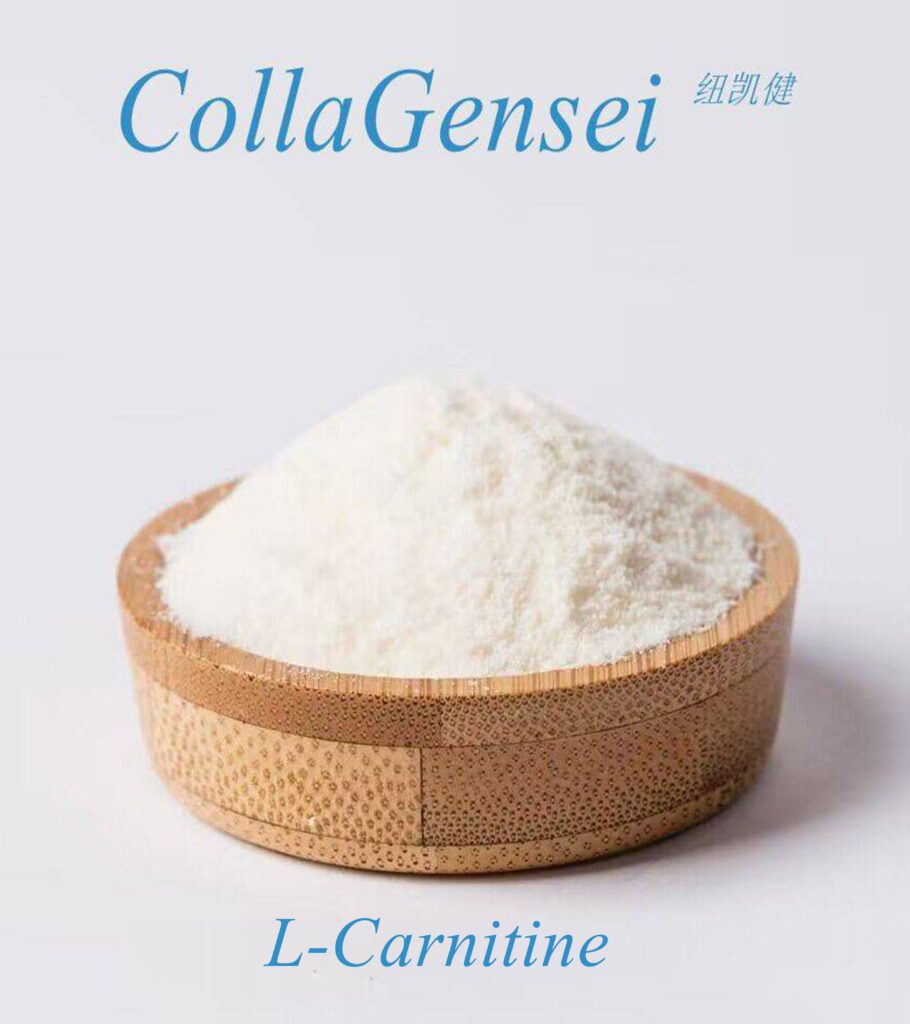Introduction
In recent years, there has been a surge in interest regarding functional foods and supplements that promote health and wellness. Fish collagen and silkworm pupa protein peptides have gained significant attention for their unique properties and health benefits. This article aims to provide a comprehensive overview of fish collagen and silkworm pupa protein peptides, exploring their sources, nutritional profiles, health advantages, and practical applications in everyday diets.

Understanding Collagen
What is Collagen?
Collagen is the most abundant protein in the human body, accounting for approximately 30% of total protein content. It is a critical structural component of various tissues, including skin, bones, tendons, ligaments, and cartilage. Collagen provides strength, elasticity, and support to these structures. Our body’s natural collagen production declines as we age, leading to signs of aging such as wrinkles, sagging skin, and joint pain.
Types of Collagen
There are several types of collagen, but the most significant ones include:
Type I: This is the most abundant type, found in skin, bones, tendons, and ligaments. It provides tensile strength and structural support.
Type II: Primarily found in cartilage, type II collagen is essential for joint health and flexibility.
Type III: Present in skin, blood vessels, and internal organs, type III collagen supports the structure and elasticity of tissues.
Fish collagen primarily comprises type I collagen, which is particularly beneficial for skin and joint health.
The Role of Fish Collagen
Fish collagen is derived from fish skin, scales, and bones, such as cod, salmon, and haddock. It is praised for its high bioavailability, meaning it is easily absorbed and utilized by the body. This characteristic makes fish collagen popular for supplements targeting skin, joints, and overall health.
Benefits of Fish Collagen
- Skin Health
Fish collagen is widely recognized for its positive impact on skin health. Research indicates collagen supplementation can significantly improve skin elasticity, hydration, and overall appearance. A study published in the journal Nutrients found that participants consuming fish collagen experienced a notable reduction in wrinkles and increased skin moisture levels. The amino acids in fish collagen, particularly glycine and proline, are crucial for synthesizing new collagen in the skin.
- Joint Support
Fish collagen is particularly effective in promoting joint health. It helps maintain the integrity of cartilage, which cushions the joints and prevents pain. Clinical studies have shown that collagen supplementation can reduce joint pain and enhance mobility, especially in individuals with osteoarthritis. Participants reported decreased joint stiffness and improved physical function.
- Bone Health
Collagen plays a vital role in maintaining bone density and strength. Fish collagen contributes to stronger bones and may help reduce the risk of fractures. Research indicates collagen supplementation can stimulate bone formation and enhance mineralization, promoting overall bone health. Fish collagen supports the structural integrity of bones by providing the necessary amino acids for bone matrix synthesis.
- Wound Healing
Collagen is essential for tissue repair and regeneration. Fish collagen can enhance wound healing by promoting the growth of new tissues and accelerating recovery. It supports the formation of new blood vessels, which is crucial for healing injuries. Several studies have demonstrated that collagen supplementation can lead to faster wound recovery and improved tissue regeneration.
- Digestive Health
Fish collagen supports gut health by strengthening the gut lining, potentially preventing conditions such as leaky gut syndrome. Additionally, it promotes the production of digestive enzymes, aiding in nutrient absorption and overall digestive function. The amino acids in fish collagen may also help reduce inflammation in the gut, contributing to a healthier digestive system.
Understanding Silkworm Pupa Protein Peptide
What are Silkworm Pupa Protein Peptides?
Silkworm pupa protein peptides are bioactive compounds derived from the pupae of the silkworm (Bombyx mori). The hydrolysis process breaks down the proteins found in silkworm pupae into smaller peptide fragments, making them more easily absorbed by the body. Silkworms have been consumed in various cultures, particularly in Asian countries, where they are valued for their nutritional and medicinal benefits.
Nutritional Profile
Silkworm pupa protein peptides are rich in essential amino acids, vitamins, and minerals. They contain a balanced amino acid profile, including leucine, isoleucine, and valine, necessary for muscle repair and growth. Additionally, silkworm pupae provide vitamins such as B vitamins and minerals like calcium, magnesium, and iron. This nutrient density makes silkworm pupa protein peptides valuable to a balanced diet.
Digestibility
One of the primary advantages of silkworm pupa protein peptides is their high digestibility. The hydrolysis process transforms larger proteins into smaller peptides, enhancing their absorption in the digestive tract. This makes silkworm pupa protein peptides an excellent choice for individuals seeking a nutrient-dense protein source.
Benefits of Silkworm Pupa Protein Peptides
- Muscle Health
Silkworm pupa protein peptides are particularly beneficial for muscle health. The rich amino acid profile supports muscle protein synthesis, essential for muscle growth and repair, especially after exercise. Studies have shown silkworm pupa protein supplementation can enhance muscle recovery and reduce exercise-induced muscle damage. Branched-chain amino acids (BCAAs) in silkworm pupa protein are essential for athletes and active individuals.
- Immune Support
Silkworm pupa protein peptides can enhance the immune response by stimulating the production of immune cells. This immune-boosting effect can help protect against infections and diseases. Research suggests these peptides enhance the body’s natural defense mechanisms, making them beneficial for overall health.
- Antioxidant Properties
Silkworm pupa protein peptides possess antioxidant properties, which can help neutralize harmful free radicals in the body. This reduces oxidative stress and lowers the risk of chronic diseases associated with inflammation and cellular damage. Antioxidants play a crucial role in promoting overall health and longevity, and the bioactive compounds found in silkworm pupae can contribute to this protective effect.
- Skin Health
Similar to fish collagen, silkworm pupa protein peptides benefit skin health. The amino acids in these peptides support collagen production, improving skin elasticity and hydration. Their antioxidant properties can help protect the skin from oxidative stress and environmental damage. Some studies suggest that silkworm pupa protein may promote wound healing and skin regeneration.
- Cognitive Health
Emerging research suggests that silkworm pupa protein peptides may have neuroprotective effects, potentially benefiting cognitive function. Certain bioactive compounds in silkworm pupae are thought to promote brain health and may help protect against neurodegenerative diseases. The presence of neuroprotective amino acids and antioxidants makes silkworm pupa protein a promising area of study for cognitive health.
Comparing Fish Collagen and Silkworm Pupa Protein Peptides
While both fish collagen and silkworm pupa protein peptides offer significant health benefits, they serve different purposes:
Source of Protein: Fish collagen primarily supports skin and joint health, while silkworm pupa protein peptides focus on muscle health and immune support.
Bioavailability: Both fish collagen and silkworm pupa protein peptides are highly bioavailable, providing different nutrients and benefits.
Dietary Considerations: Fish collagen is unsuitable for vegans or vegetarians, while silkworm pupa protein peptides derived from insects may not align with specific dietary preferences.
Nutritional Considerations
Fish collagen provides collagen peptides that benefit skin and joints. In contrast, silkworm pupa peptides are a complete protein source rich in essential amino acids and bioactive compounds. The choice between the two may depend on individual health goals and dietary preferences.
How to Incorporate Fish Collagen and Silkworm Pupa Protein Peptides into Your Diet
- Supplementation
Both fish collagen and silkworm pupa protein peptides are available in various forms, including powders, capsules, and liquids. Look for high-quality products from reputable brands that clearly label their ingredients. Always consult with a healthcare professional before starting any new supplement.
- Dietary Sources
Fish Collagen: You can incorporate fish collagen into your diet by consuming collagen-rich fish or adding fish collagen powder to smoothies, soups, or baked goods. Bone broth is another excellent source of fish collagen.
Silkworm Pupa Protein Peptides: Silkworm pupa protein can be found in supplement form, and you can also explore dishes that incorporate silkworms, often used in stir-fries, soups, or as snacks in various cuisines. In some cultures, silkworm pupae are a delicacy, providing a unique flavor and texture to dishes.
- Recipes
Fish Collagen Smoothie: Blend fish collagen powder with fruits, vegetables, and a liquid of your choice (like almond milk) for a nutritious smoothie. Adding spinach, banana, and a scoop of nut butter can enhance flavor and nutrients.
Silkworm Pupa Stir-Fry: Prepare a stir-fry using silkworm pupae, mixed vegetables, and a flavorful sauce. Serve it over brown rice or quinoa for a delicious and nutrient-rich meal.
- Timing and Dosage
Consider taking fish collagen in the morning or before meals for optimal results to support skin health. Silkworm pupa protein peptides can be consumed post-workout to maximize muscle recovery and immune support.
Choosing Quality Products
When selecting fish collagen and silkworm pupa protein peptide supplements, consider the following factors:
Source: Find sustainably sourced fish collagen and high-quality silkworm pupa protein from reputable suppliers.
Hydrolyzation: Ensure fish collagen is hydrolyzed for better absorption and bioavailability.
Third-Party Testing: Choose products that have undergone third-party testing for purity and potency.
No Unnecessary Additives: Avoid products with artificial flavors, colors, or fillers.
Potential Side Effects and Considerations
Allergies
Both fish collagen and silkworm pupa protein peptides can trigger allergic reactions in individuals sensitive to seafood or insects. It’s essential to consult with a healthcare professional before incorporating these supplements into your routine, especially if you have a known allergy.
Interactions with Medications
If you are taking medications, particularly blood thinners or immunosuppressants, consult your healthcare provider before adding fish collagen or silkworm pupa protein peptides to your diet, as they may interact with certain medications.
Dosage Recommendations
The optimal dosage may vary depending on individual health goals and specific products. Generally, a daily intake of 2.5 to 15 grams of collagen is recommended for skin and joint health, while silkworm pupa protein peptides may vary based on concentration and formulation. Always follow the manufacturer’s guidelines or consult a healthcare provider for personalized advice.
Conclusion
Fish collagen and silkworm pupa protein peptides are powerful nutritional supplements that can significantly enhance your health and wellness. By understanding their unique benefits and how to incorporate them into your diet, you can make informed choices that support your skin, joints, muscles, and overall well-being. Both ingredients contribute to your health goals through supplementation or dietary sources.
Incorporating these supplements into a balanced diet can help promote physical health, overall vitality, and longevity. With their rich nutrient profiles and bioactive compounds, fish collagen and silkworm pupa protein peptides can be essential allies in your journey toward better health.



